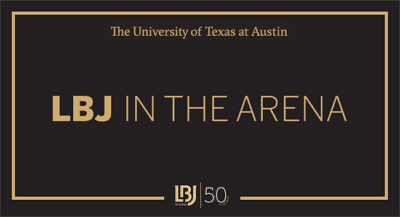US Election Security in the Shadow of COVID-19
Elections are often regarded as a reflection of the strength and qualities of a country’s democracy. The 2016 election revealed deep flaws in the U.S. voting process. Election security was a national security concern in the 2020 election cycle even before the global COVID-19 pandemic put the logistics of holding an election into question. What is the status of the critical infrastructure that underpins fair and open voting? Can we ensure a voting process that upholds confidence in American democracy? How can the federal agencies work with the state and local election entities to create safe voting practices that maintain confidence in the voting process? In the midst of these questions of protecting against fraud, misinformation also poses a risk to undermining the democratic process. In a moment of turbulence and distrust, can America have an election that is secure?

LaShawn Warren, EVP Government Affairs at The Leadership Conference on Civil and Human Rights, was conversation with Lawrence Norden, Director of the Election Reform Program at the Brennan Center for Justice, moderated by Victoria M. de Francesco Soto, PhD, Assistant Dean and Lecturer, LBJ School of Public Affairs at UT Austin.


